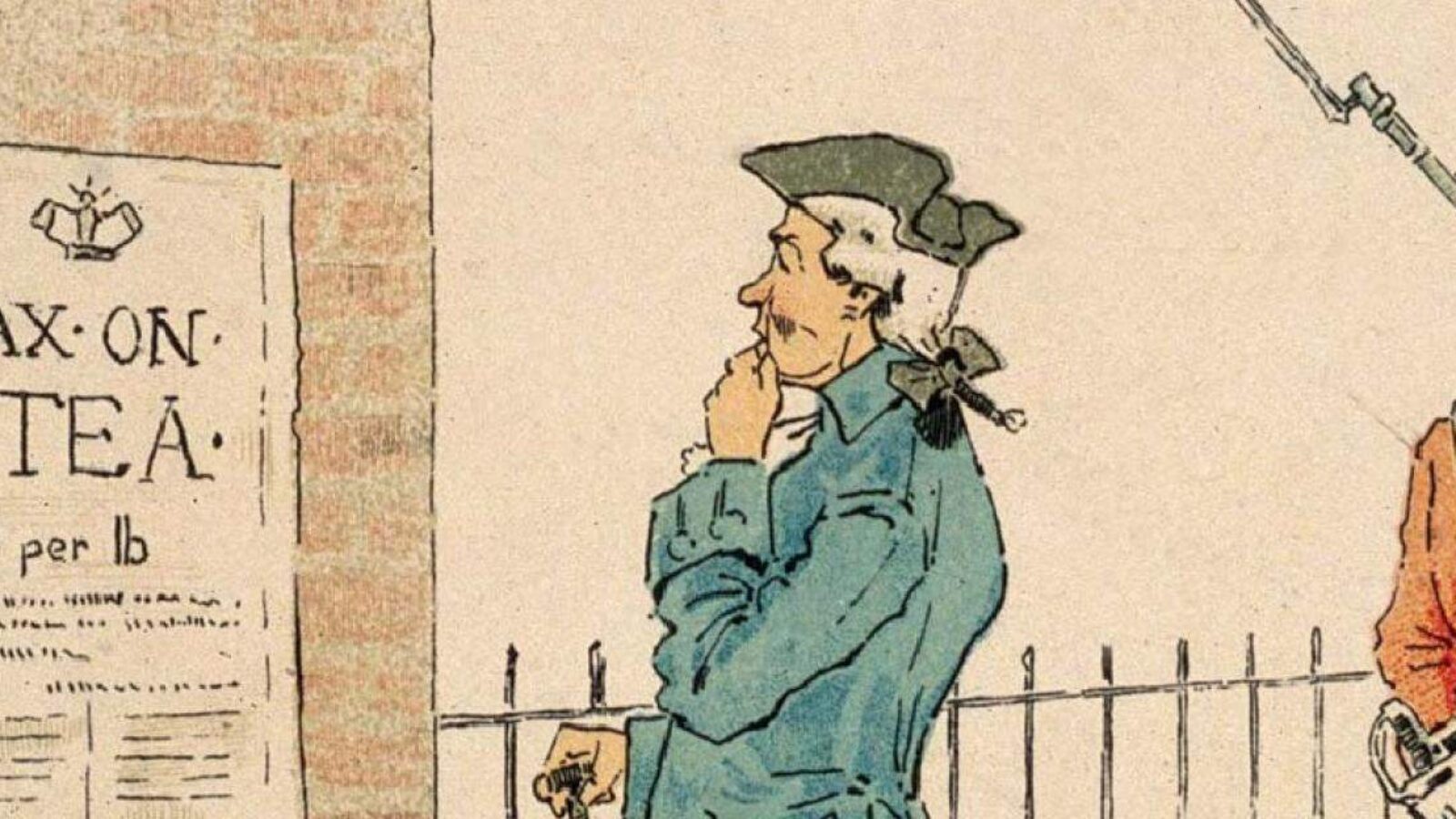June 29, 1767: The British Parliament passed the Revenue Act of 1767, part of the immensely unpopular Townshend Acts. The Revenue Act placed taxes on items like glass, paint, paper, and tea, and gave power for general warrants to be used to search private property for smuggled goods.
The Five Townshend Acts
The Revenue Act 1767
This act was the (joint) first act, passed on 29 June 1767,[11][12] the same day as the Commissioners of Customs Act (see below).
It placed taxes on glass, lead, “painters’ colors” (paint), paper, and tea.[14][15][16] It also gave the supreme court of each colony the power to issue “writs of assistance”,[17] general warrants that could be issued to customers officers and used to search private property for smuggled goods.[18]
And whereas by an act of parliament,[b] […] it is lawful for any officer of his Majesty’s customs, authorized by writ of assistance under the seal of his Majesty’s court of exchequer, […] and in the day-time to enter and go into any house, shop, cellar, warehouse, or room or other place, and in case of resistance, to break open doors, chests, trunks, and other package there, to seize, and from thence to bring, any kind of goods or merchandize whatsoever prohibited or uncustomed, and to put and secure the same in his Majesty’s store-house next to the place where such seizure shall be made; and whereas by an act[c] […] it is, amongst other things, enacted, that the officers for collecting and managing his Majesty’s revenue, and inspecting the plantation trade, in America, shall have the same powers and authorities [as] is provided for the officers of England: but, no authority being expressly given by the said act […] to any particular court to grant such writs of assistance for the officers of the customs in the said plantations, it is doubted whether such officers can legally enter houses and other places on land, to search for and seize goods, in the manner directed by the said recited acts.
To obviate which doubts for the future, and in order to carry the intention of the said recited acts into effectual execution, be it enacted […], That from and after the said twentieth day of November, one thousand seven hundred and sixty seven, such writs of assistance, […] shall and may be granted by the said superior or supreme court of justice having jurisdiction within such colony or plantation respectively.
7 Geo. 3. c. 46, s. 10[19]
There was an angry response from colonists, who deemed the taxes a threat to their rights as British subjects.[citation needed] The use of writs of assistance was significantly controversial since the right to be secure in one’s private property was an established right in Britain.
